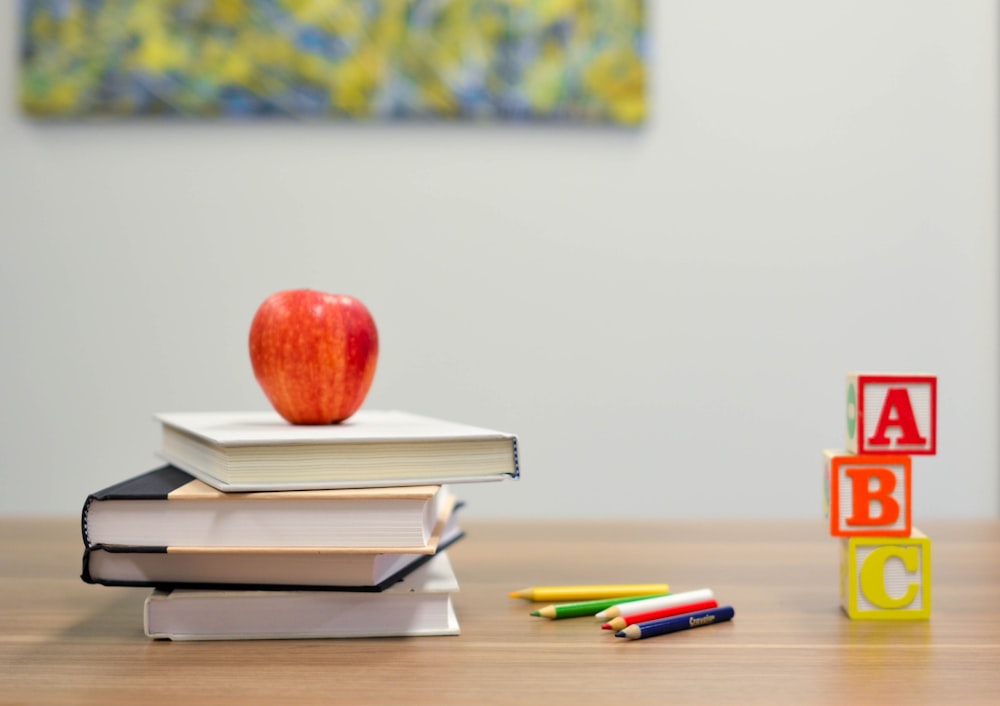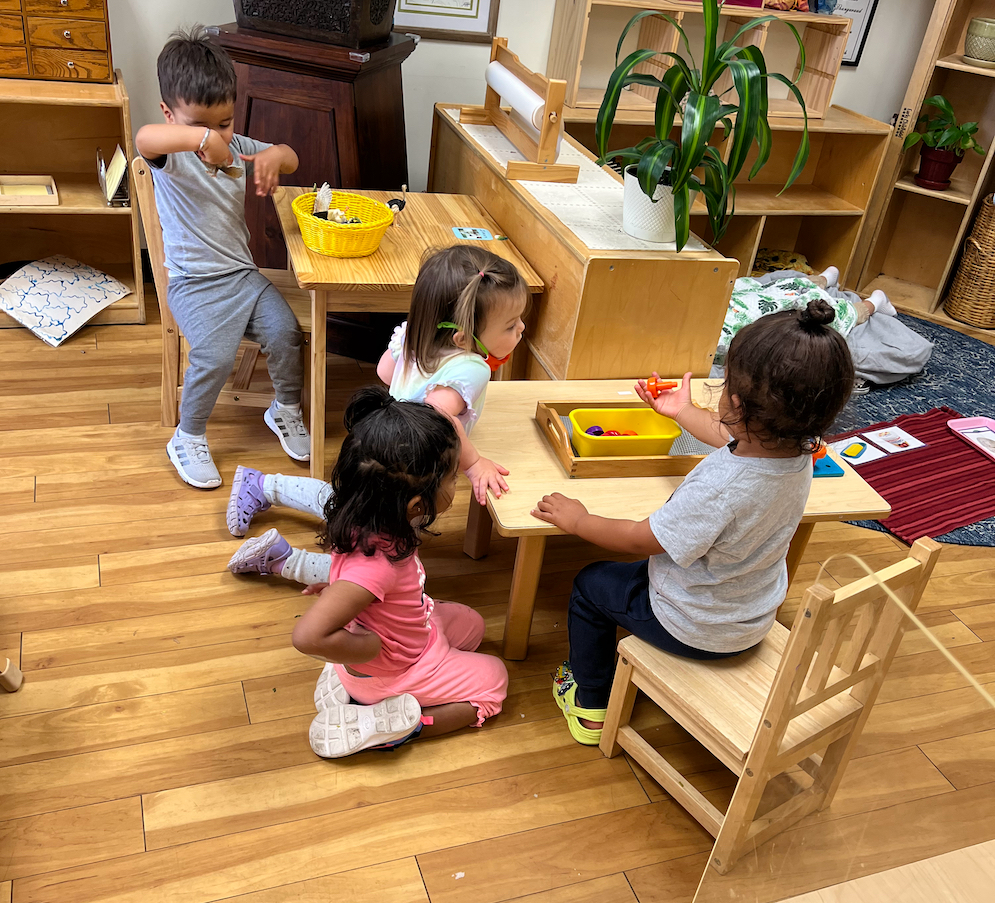![]()
Tailoring Knowledge: The Art of Individualized Lesson Plans
In the dynamic landscape of education, one size does not fit all. Recognizing the unique learning needs of each student is the cornerstone of effective teaching. This article explores the significance of individualized lesson plans, shedding light on how this personalized approach can enhance the educational experience for students and contribute to their academic success.
Understanding the Essence of Individualized Lesson Plans
Individualized lesson plans revolve around the idea that students have diverse learning styles, paces, and strengths. Unlike traditional, standardized curricula, individualized lesson plans take into account the specific needs and preferences of each learner. The goal is to create a customized learning experience that caters to the individual, fostering a deeper understanding of the subject matter.
Tailoring Content to Learning Styles
One of the key elements of individualized lesson plans is the ability to tailor content to various learning styles. Visual learners may benefit from graphics and diagrams, auditory learners from discussions and lectures, and kinesthetic learners from hands-on activities. By recognizing and accommodating these differences, educators can create a more inclusive and effective learning environment.
Adapting Pace to Student Needs
Students learn at different paces, and individualized lesson plans allow for flexibility in adapting to these varying speeds. Some may grasp concepts quickly and crave more challenging material, while others may require additional time for mastery. Individualized lesson plans enable educators to adjust the pace, ensuring that each student progresses optimally.
Incorporating Interests and Passions
Engagement is a crucial factor in effective learning. Individualized lesson plans provide the opportunity to incorporate students’ interests and passions into the curriculum. By aligning lessons with what students are passionate about, educators can spark enthusiasm and curiosity, making the learning experience more enjoyable and meaningful.
Addressing Learning Challenges Proactively
Every student faces unique learning challenges. Individualized lesson plans empower educators to identify and address these challenges proactively. Whether a student requires additional support in a particular subject or benefits from alternative assessment methods, customization ensures that learning obstacles are acknowledged and overcome.
The Role of Technology in Individualized Learning
Technology plays a significant role in the implementation of individualized lesson plans. Educational apps, online resources, and adaptive learning platforms offer personalized experiences tailored to each student’s needs. Integrating technology into individualized lesson plans opens up new avenues for interactive and engaging learning experiences.
Implementing Individualized Lesson Plans at www.igaseng.com
Explore the practical implementation of individualized lesson plans at www.igaseng.com. This comprehensive resource provides insights, strategies, and tools for educators looking to create personalized learning experiences for their students. Learn how to tailor lesson plans to meet the unique needs of each learner and enhance overall academic success.
Measuring Success through Individualized Approaches
One of the remarkable aspects of individualized lesson plans is their impact on measuring success. Traditional grading systems often fall short in capturing the diverse strengths and achievements of students. Individualized approaches allow for a more comprehensive assessment, recognizing progress and accomplishments in a way that traditional methods may overlook.
Fostering a Lifelong Love for Learning
Beyond academic success, individualized lesson plans contribute to fostering a lifelong love for learning. By tailoring education to the individual, students are more likely to develop a positive attitude toward acquiring knowledge. This intrinsic motivation becomes a driving force that extends far beyond the classroom, influencing their approach to learning throughout their lives.
Conclusion: Empowering Students Through Personalization
In a world where individuality is celebrated, education must follow suit. Individualized lesson plans stand as a powerful tool in the hands of educators, empowering them to tailor their approach to the unique needs of each student. By embracing personalization, educators not only enhance academic outcomes but also instill a sense of empowerment and a love for learning that lasts a lifetime.




